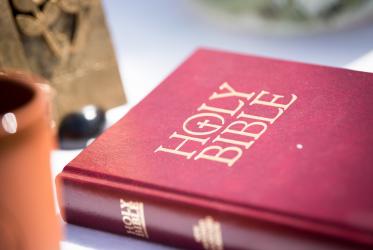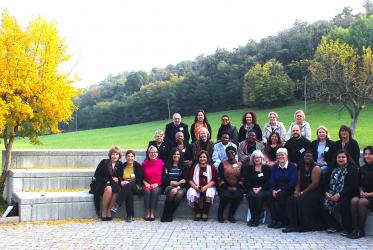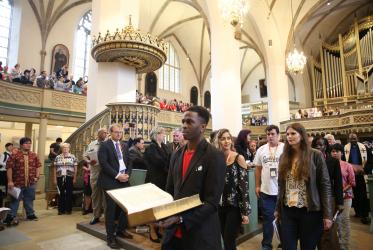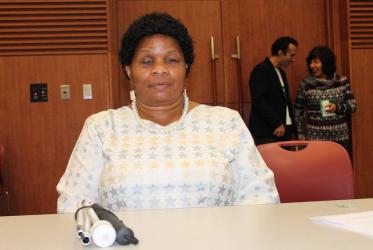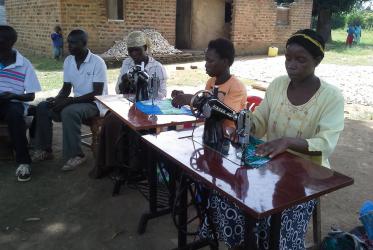Displaying 81 - 100 of 226
“Called to be a good neighbor”
14 October 2017
Forum strengthens ecumenical commitment to diakonia
12 October 2017
Consultation explores role of women in churches
07 October 2017
Dutch Reformed Church looks to Africa, after troubled past
08 August 2017
